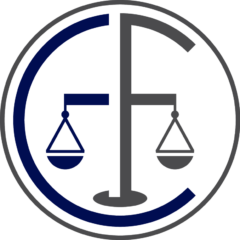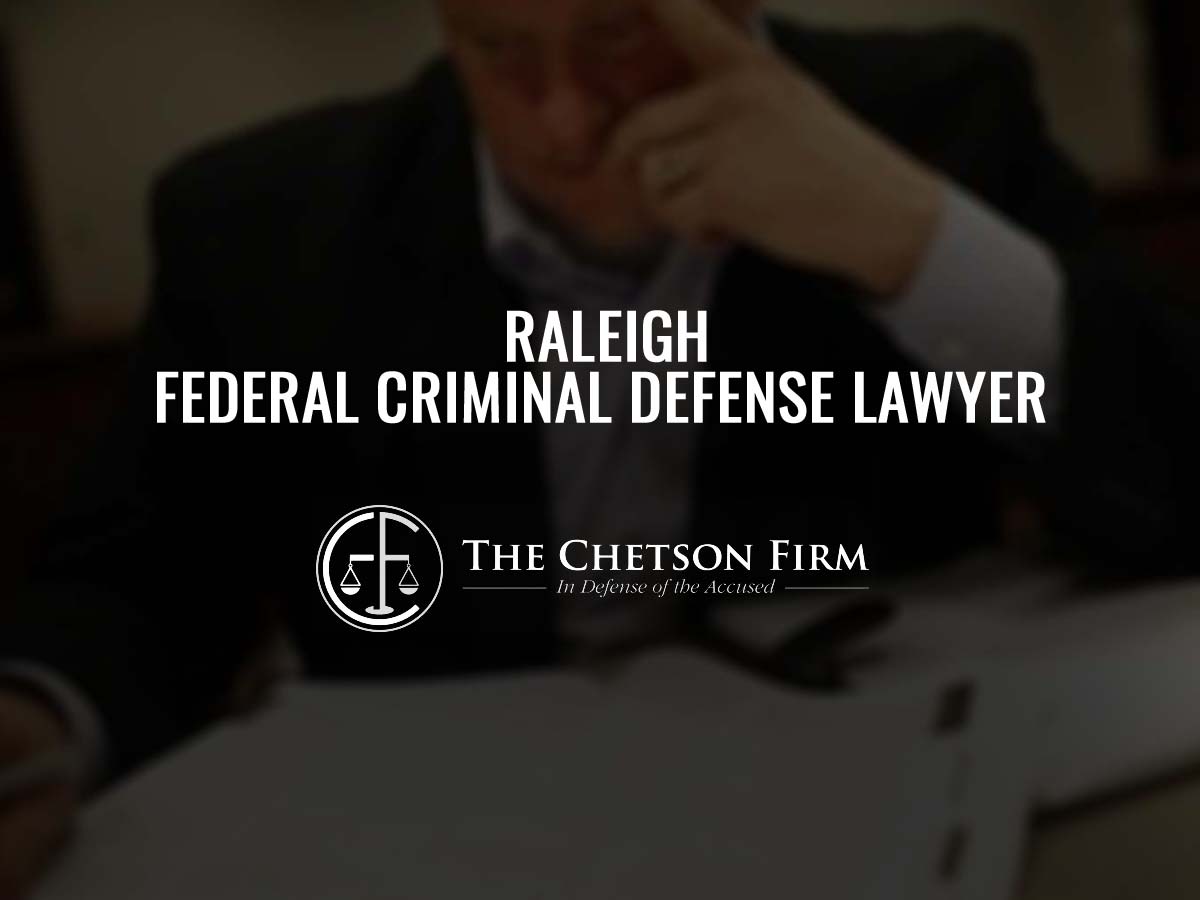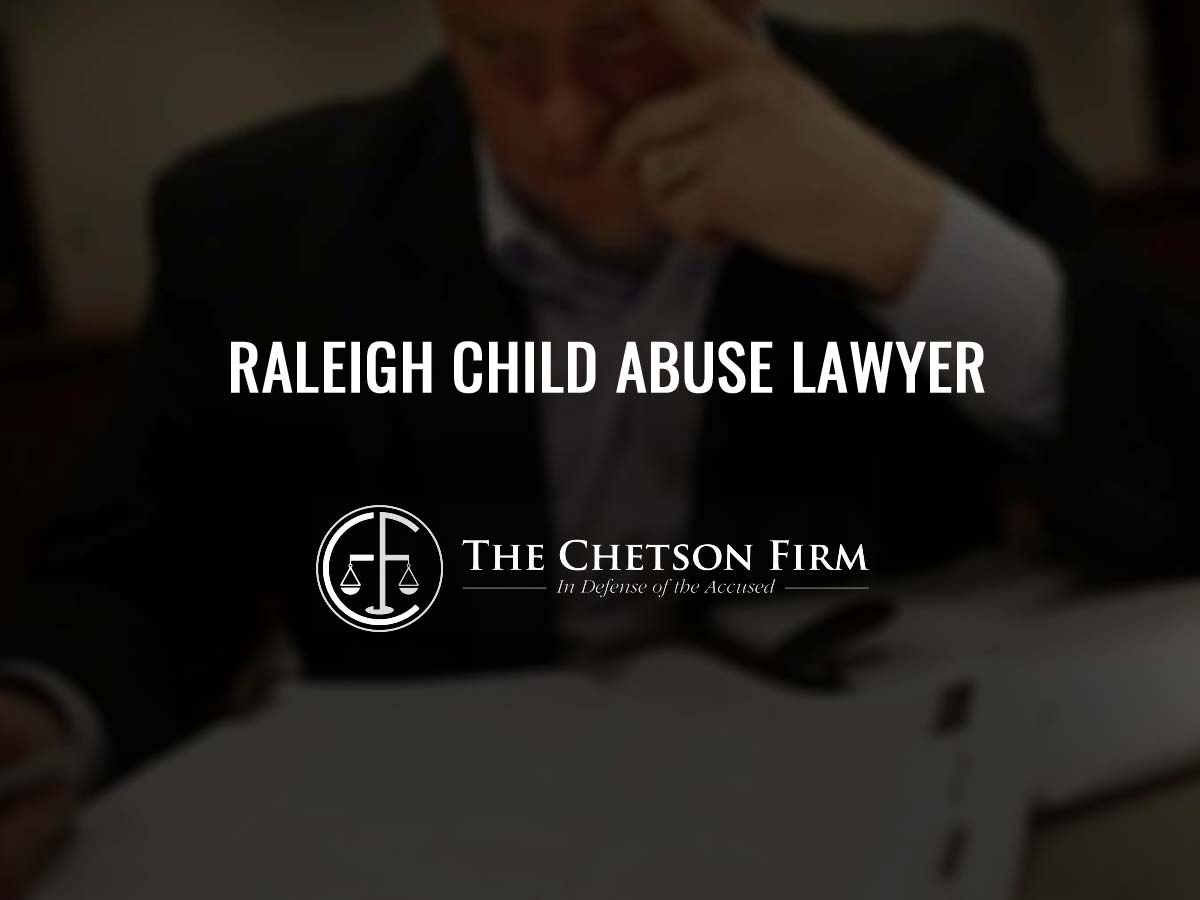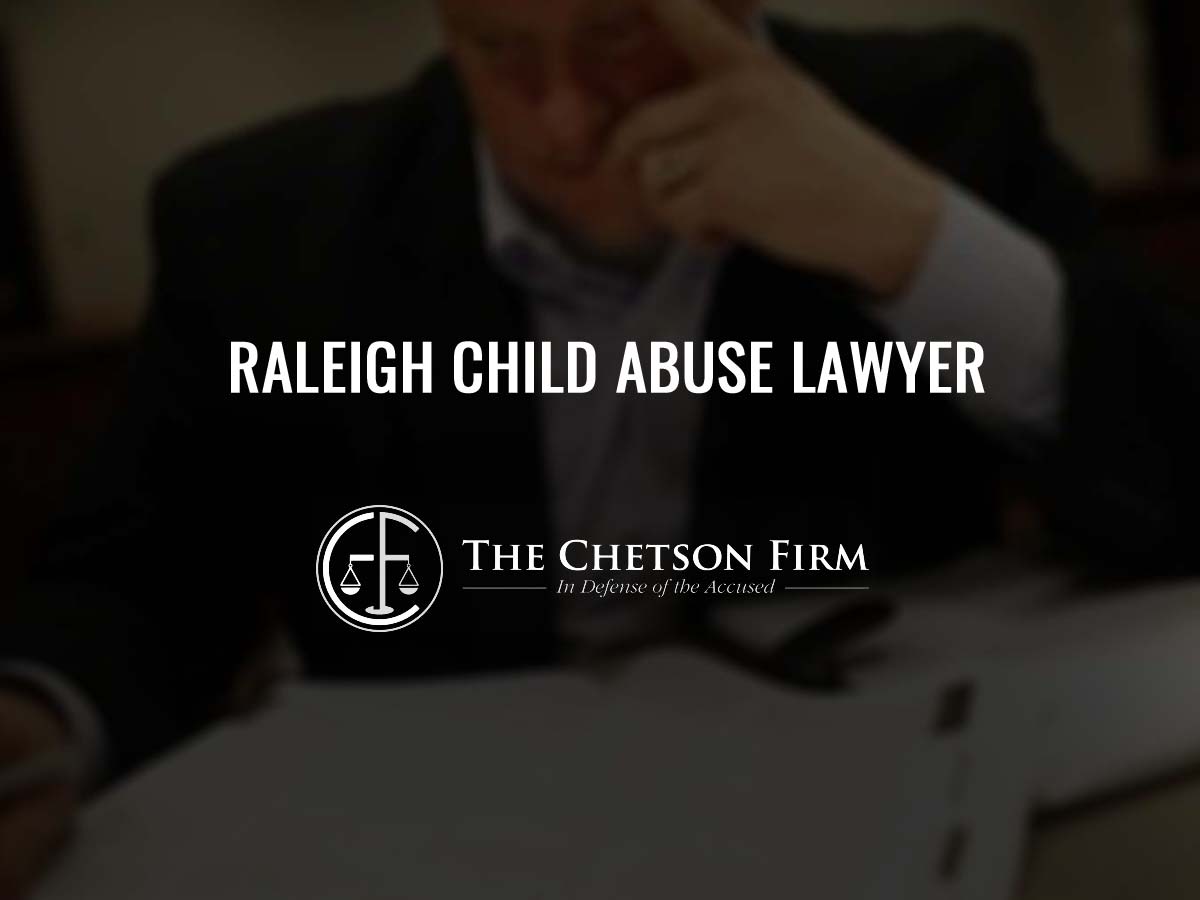Whether charged as state or federal criminal offenses, drug trafficking crimes are among the most serious, that can result in convictions that carry mandatory minimums.
Because unauthorized sale of controlled substances is prohibited by both the state and federal governments, possession with intent to sell and deliver, transportation, and the sale and delivery of these substances can result in simultaneous or sequential prosecution by both governments.
More often, once one government moves forward – or adopts – prosecution, the other government dismisses its case. Choosing a lawyer who practices in both the state and federal system can help streamline your defense, can improve outcomes, and can reduce legal fees.
For the past nearly 15 years, Damon Chetson has represented folks charged in North Carolina’s state and federal courts with drug trafficking offenses, including relatively small-scale offenses, and major cartel-linked drug conspiracies involving hundreds of kilos of cocaine, methamphetamine or marijuana. In addition, Mr. Chetson has represented people charged with trafficking in MDMA and heroin cases, including people charged in serious death-by-fentanyl offenses.
When to Hire?
Ideally, a person under investigation should hire a criminal defense lawyer as soon as possible. Oftentimes, a person only finds out about the investigation upon arrest, in which case hiring a criminal defense lawyer immediately can help in trying to win pretrial release on bond from custody.
In the state system, pretrial release can occur upon payment of the bond either in its entirety by the family, by posting collateral, or by hiring a bondsman.
In the federal system, pretrial release can occur only after convincing a federal magistrate or district court judge that the client is not a risk of danger or flight. The federal system does not require the payment of bond, but often requires either pre-trial monitoring or the identification of a third-party custodian.
How Will My Case Proceed?
In general, a case proceeds from arrest, to arraignment, to trial (if the client pleads “not guilty”), to release or sentencing (depending on the outcome of the trial or plea). The entire process can take years in the state courts: sometimes three years or more.
In the federal system, the process can last either from a year to two or three years.
Since COVID, the court times have lengthened as the court has had to deal with the lack of movement in cases from 2020 to 2021.
Issues in a Drug Trafficking Case
Generally, drug trafficking cases turn on the question of suppression issues: was the search that located the drugs constitutional. A defendant may file a number of suppression motions that can be dispositive. If successful, the suppression motions may knock out some or all of the evidence. If not successful, the suppression motions may create issues on appeal. Or may force the Government to offer a more favorable plea.
If there are no suppression issues in a case, or if the suppression issues would not keep out the important evidence, the case may go to trial on other issues: for instance, was the person a dupe or low level person caught up inadvertently in the criminal conduct.
Cooperation
The fact is that most cases, particularly in the federal system, result in cooperation – what the Government refers to as 5K1.1 or 3553(e) assistance – that can help a client achieve a much reduced sentence by providing truthful information to the Government regarding its ongoing investigations.
Whether a person cooperates is up to them and their conscience. Clients who cooperate can generally fare better in the system. Clients who refuse to cooperate may also achieve good outcomes, depending on the availability of other relief, such as the 3553(f) “Safety Valve”.




